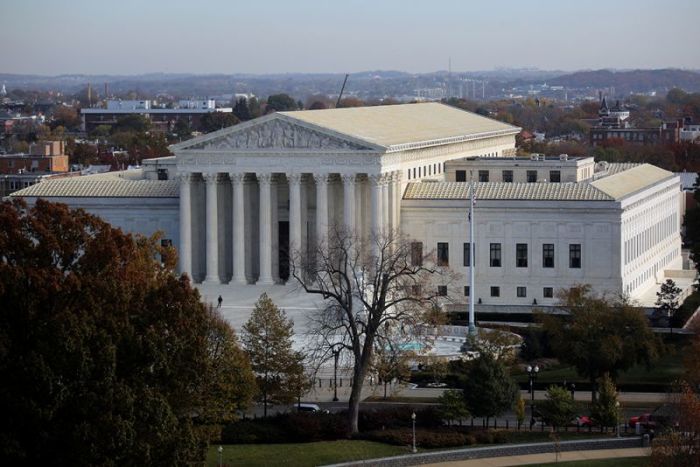California won't force nonprofits to disclose donor names after Supreme Court ruling

California has amended its policies to comply with a recent U.S. Supreme Court ruling that struck down the state's requirement that charities and nonprofits disclose their donors to the state, a Christian conservative legal group that challenged the state in court has announced.
In a statement published Wednesday, the Thomas More Law Center announced that the California Attorney General's Office has "quietly" submitted to the decision from the nation's high court in the case of Americans for Prosperity Foundation v. Bonta, Attorney General of California.
The Supreme Court ruled 6-3 this month that California's attempt to require nonprofit organizations to share personal information about their donors with the state is unconstitutional.
The California Attorney General’s Charities homepage has been amended to read, “Effective July 1, 2021, the Registry of Charitable Trusts will no longer require the filing of Schedule B to the IRS Form 990 as part of the registration and annual reporting requirements.”
The Schedule B form asks organizations to list the name, addresses and ZIP codes of every individual who donated more than $5,000 and specify how much they donated.
While nonprofit organizations must submit Schedule B forms to the Internal Revenue Service, the information is usually kept confidential and not shared with states.
Before the Supreme Court’s July 1 ruling, California’s Registry of Charitable Trusts required nonprofit organizations to share that information with the state.
According to Bloomberg, California was one of four states with such a law on the books. The others were Hawaii, New Jersey and New York.
The litigation against the California law dates back six years when the Thomas More Law Center received a letter from then-Attorney General Kamala Harris stating that failure to turn over information about its donors within the next 30 days would lead to the organization losing “its right to solicit donations in California.”
In addition, the letter warned that the organization’s “officers and tax preparers could be held personally liable for any penalties.”
Rather than comply, the Michigan-based religious liberty law firm filed a lawsuit alleging that the policy violated the First Amendment rights of its donors and the company itself by infringing on the parties’ constitutionally protected free speech, freedom of association and free exercise of religion.
While a federal judge sided with the law firm in 2016, the attorney general’s office appealed that ruling to the Ninth Circuit Court of Appeals, which reversed the lower court decision. The Supreme Court agreed to take up the case earlier this year.
The Thomas More Law Center argued that the Supreme Court ruling eliminating the requirement for nonprofit organizations to fill out Schedule B forms means that “Americans are free to support nonprofit organizations without fear of harassment.”
“In the Internet Age, where doxing one’s opponents has led to job loss, boycotts, ostracization, and violence, the fear of such repercussions should one’s charitable contributions become public could be enough to stymy giving, leaving the personal beliefs of many Americans to go unrepresented in the public square,” a Thomas More Law Center statement reads.
Ryan Foley is a reporter for The Christian Post. He can be reached at: [email protected]



























